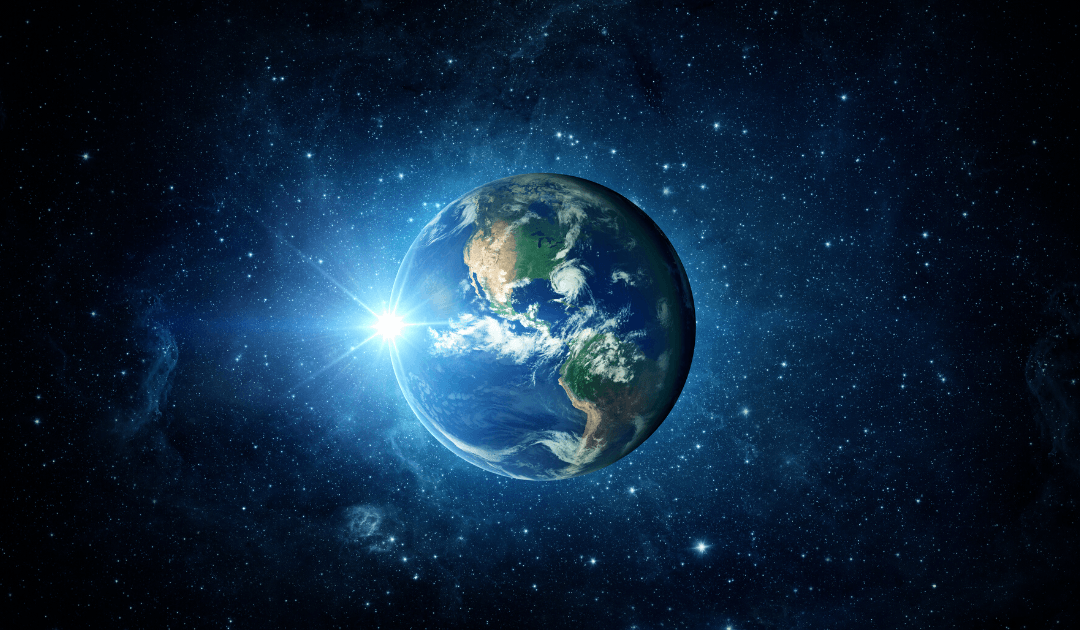Adapted from Creation Answer Book by Hank Hanegraaff
Some scientists speculate that the earth is an insignificant speck of soil aimlessly adrift in a meaningless universe. As documented by astronomer Guillermo Gonzalez and philosopher Jay W. Richards, however, evidence refutes the principle of mediocrity (Copernican principle), demonstrating instead that our earth is a singularly privileged planet designed for discovery.
First, the unique conditions necessary to support intelligent life turn out to provide the best overall conditions for scientific discovery. Examples abound. Earth is situated between two arms of a flattened spiral galaxy—the Milky Way—not too close to the core to be exposed to lethal radiation, comet collisions, or light pollution that would obscure observation of the distant universe; and not so far that a privileged planet could never form or where we would not observe different kinds of nearby stars. Moreover, the atmosphere of our privileged planet is both oxygen-rich for survival and transparent for discovery. The moon is the perfect size and distance from earth to stabilize rotation and to facilitate human habitability. Not only so, the moon and sun’s relative sizes and distances from earth provide perfect solar eclipses, which played a vital role in the development of modern science (e.g., determination of the nature of stars and confirmation of Einstein’s general theory of relativity).
Furthermore, we live in the best overall age of the universe to do cosmology. In our time the cosmic background radiation left over from the Big Bang is readily observable, but it won’t always be. Futhermore, this radiation confirms that the universe is not eternal but began in the finite past. Moreover, most of the astrophysical phenomena astronomers rely on to measure the universe were not observable earlier in the universe’s development, and they will eventually fade (e.g., cosmic background radiation)—but neither could we have survived at earlier or later stages.
Finally, the setting of our privileged planet permits a stunning diversity of measurements, from the universe at large (cosmology) to the smallest of subatomic particles (quantum physics) to the middling size of earth and humans (geology and anthropology).
From habitability to discoverability, earth’s status in the universe is surely one of privilege. To reduce this to an accident of cosmic evolution is shortsighted; to recognize it as privileged, sublime.
Proverbs 25:2
Source (and for further study), see Guillermo Gonzalez and Jay W. Richards, The Privileged Planet: How Our Place in the Cosmos Is Designed for Discovery (Washington, DC: Regnery, 2004).
